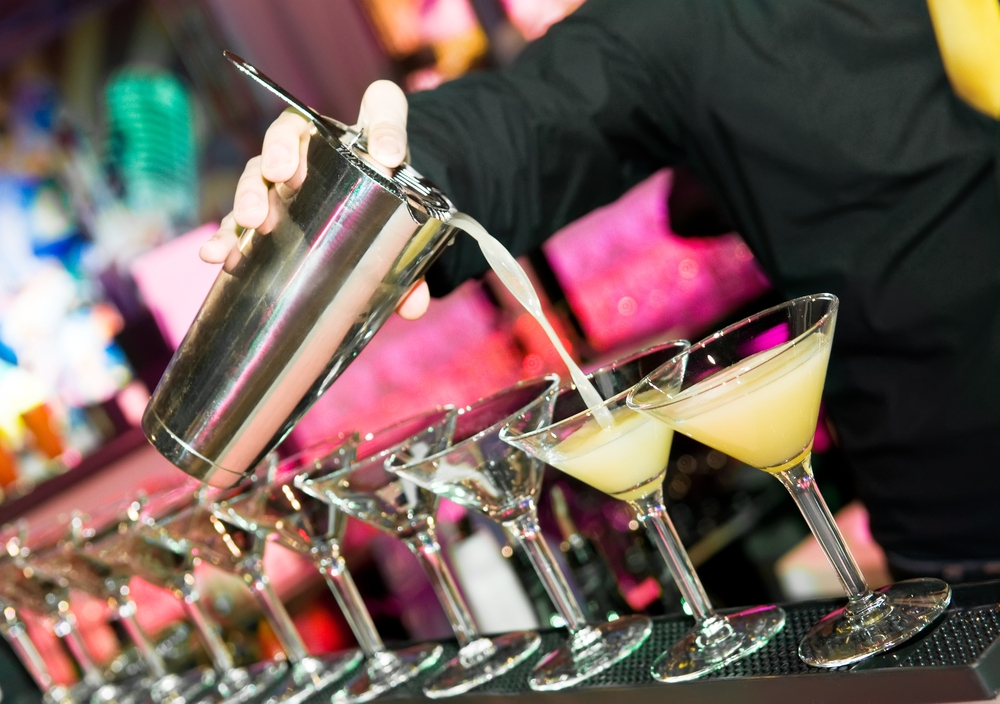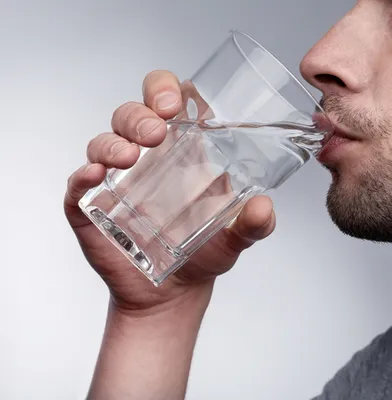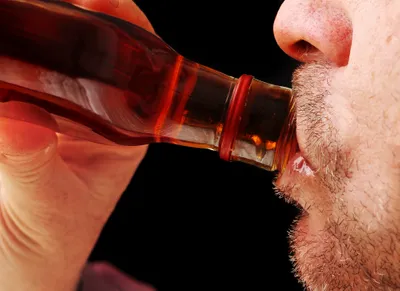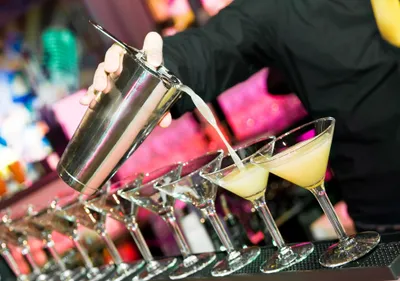I turned the big 4-0 on February 13th. Now it might be all in my head, but my body responds to a night of drinking a lot differently than it did when I was in my 20s, early 30s, or even late 30s. In university, I could tie one on into the wee hours of the morning, go home and write a 20-page paper, sleep on a friend’s floor, and get up for an 8am class—no trouble! However, now an early morning makes me question a few glasses of wine with dinner.
Is it all in my head or does my body respond to drinking more severely with age? Let’s see what health experts have to say about age-related drinking, alcohol and metabolism, and hangovers as we age…
1. The Morning After
Research from the National Institute on Alcohol Abuse and Alcoholism (NIAAA) provides the reality check we need in a post-alcohol induced haze. With age, naturally our body’s systems slow down. That means the liver produces less antioxidants and flushes our system more slowly, and metabolism is sluggish compared to what it was in our 20s.
Even the fact that we may have gained a few pounds (compared to what we were in our 20s) it takes more booze to get us tipsy. Drinking more overall compared with less efficient systems (i.e., liver processing and metabolism) cause us to bounce back with less zeal.
2. The Dehydration Situation
We all know that tucking a sport’s drink (with electrolytes) or chugging a tall glass of water is imperative before heading to bed drunk…that’s if we remember. However, those of us how skip this important hydration step will certainly feel it the next morning at any age.
Of course, alcohol-induced dehydration is worse the older you are, according to XX. That’s why the folks at the Pain and Migraine at the National Institute of Neurological Disorders and Stroke recommend keeping yourself paced to one drink per hour (so the body can metabolize the alcohol fully) and also asking for a glass of water after each glass of wine or beer.
3. Metabolizing Alcohol as we Age
Think back to your university days…you were in your prime as far as your liver’s ability to absorb and metabolize booze, according to Dr. Constance Scharff, the Director Addiction Research at California’s Cliffside Malibu, drug and alcohol rehab facility.
In comparison, as we age, our liver and metabolism decelerates naturally due to many factors (i.e., diet, activity level, DNA, etc.). This is why it takes more time to flush a night of drinking out of your system, and part of the reason why hangovers are more severe and last longer.
4. Alcohol and Weight Gain
Age is inevitable. However, weight gain isn’t guaranteed for everyone. If you’ve put on a few pounds since your college days, and into your 30s think about how your drinking habits have changed.
According to the NIAAA, weight gain usually means you need to drink more now to feel the affects of alcohol. For instance, where you drank 3 beers as a 140-pound student, now it may take you 5 or 6 to feel tipsy as a 165-pound adult. Basically it comes down to your body fat percentage, the higher your overall body fat—the lower your body-water ratio, which translates to a higher blood alcohol content (or BAC).
5. Developing Tolerance with Age?
One of the perks of aging is a higher tolerance for imbibing, according to this National Institutes of Health study that claims younger people experience more severe hangovers than middle-aged adults.
However, researchers at Brown University’s Center for Alcohol and Addiction Studies department beg to differ. They claim sluggish metabolism in older adults usually leads to drinking more than you intended—and a killer hangover the following day.
6. Liver Enzymes and Hangovers
A 2010 report on the science of hangovers, conducted by the National Institute of Neurological Disorders and Stroke, says that it all comes down to your liver and it’s ability to eradicate the byproducts of alcohol out of your body.
Think of the liver as a detoxing superhero in your 20s. With age, it produces less oxidative enzymes, known as mitochondria, which help flush alcohol’s toxins (i.e., acetaldehyde and acetate) out of the body via the blood. The result is toxins are left behind so you tend to feel more hung-over the following day.









